A Russian-language network of Twitter bots tried to boost claims of voter fraud going into Germany's national elections on Watch How Young Sisters Share a Man OnlineSept. 24.
Those elections seem to have largely avoided the alleged Russian interference that had recently taken place in both the United States and France, but Russian-language bots still seized on a claim made by what appears to be a fake account, according to The Atlantic Council's Digital Forensic Research Lab.
SEE ALSO: Why Russia hasn't successfully screwed with Germany's election — yetOn Sept. 22, an account sent a tweet in German (translated below) that made it seem as though someone going by the name of "Sahrer" was going to help run the election, and would invalidate votes in favor of Alternative for Germany, a far-right party whose leaders have developed friendships in Moscow.
 Original image has been replaced. Credit: Mashable
Original image has been replaced. Credit: Mashable The above account photo, as pointed out by the Digital Forensic Research Lab, is actually a Pakistani actress with some digitally-altered red hair, and the account didn't post much until it was close to election time in Germany.
"The activity indicates a high likelihood this is a fake account pushing a message to provoke a reaction from the far right, and, potentially, to call the legitimacy of the election into question," the researchers wrote in a Medium post.
That message found success, though not without help from the Russian-language botnet.
Alternative for Germany supporters had been tweeting #Wahlbetrug (#ElectionFraud) in the week before the election, and they used that hashtag to bring attention to this incendiary tweet, too. But that hashtag got a giant boost going into the weekend. Researchers wrote that "the traffic was not organic, but boosted by a network of automated 'bot' accounts" operating "largely in Russian."
Several experts expected the Russian government might try to degrade Germany's election integrity instead of trying to unseat Chancellor Angela Merkel, a rival of Russian President Vladimir Putin who pushed for anti-Moscow sanctions after Russia annexed Crimea from Ukraine. Merkel's Christian Democratic Union was likely to win the election, but that didn't mean there was nothing for a Russian influence operation to do.
"You just have to have people doubt that their votes were counted," Adam Segal, the director of the Digital and Cyberspace Policy Program at the Council on Foreign Relations.
And Moscow may have realized that, even if they weren't able to knock Merkel from her perch, the election results were still likely to be favorable.
Merkel's Christian Democratic Union handily won a majority of parliamentary seats, with 33 percent of the vote, but that number was still far off from the 41 percent they took home in 2013. Alternative for Germany, the first far-right party in the German parliament in well over half a century, took home around 13 percent of the vote.
Considering Moscow's ties to Germany's resurgent far-right, it's hard not to see that as a victory of sorts for Moscow.
Speaking before the election, Joerg Forbrig, a senior transatlantic fellow with The German Marshall Fund, a transatlantic policy institute, said, "If the aim is to weaken Merkel, the Kremlin may decide that a risky last-minute interference is not necessary."
Topics X/Twitter Elections Politics
(Editor: {typename type="name"/})
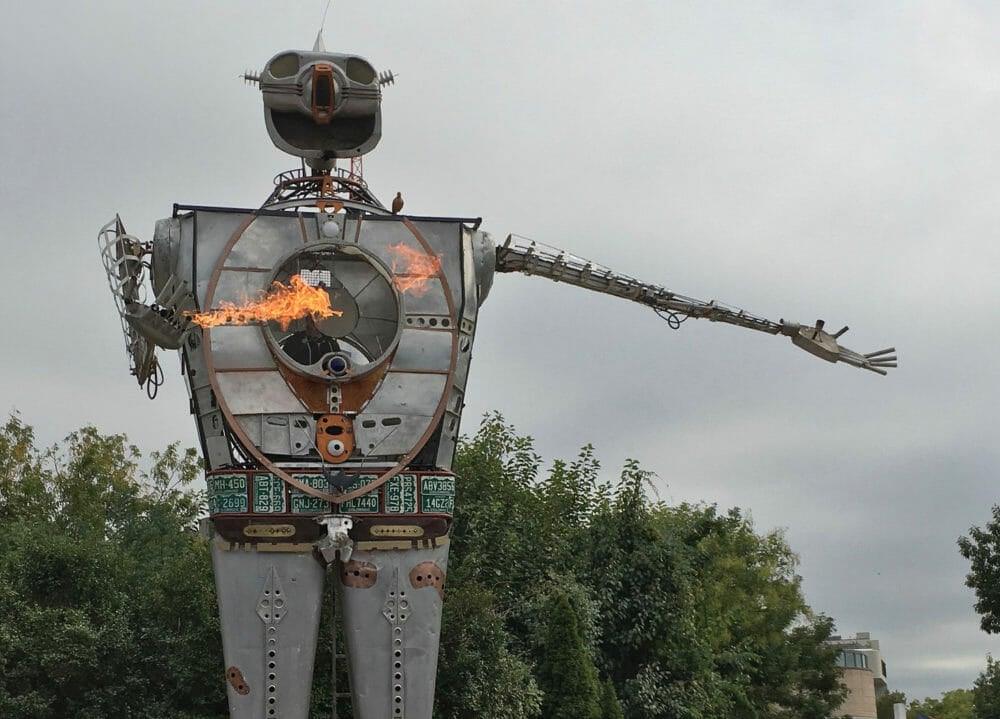 Whale Vomit Episode 5: Startup Monarchy
Whale Vomit Episode 5: Startup Monarchy
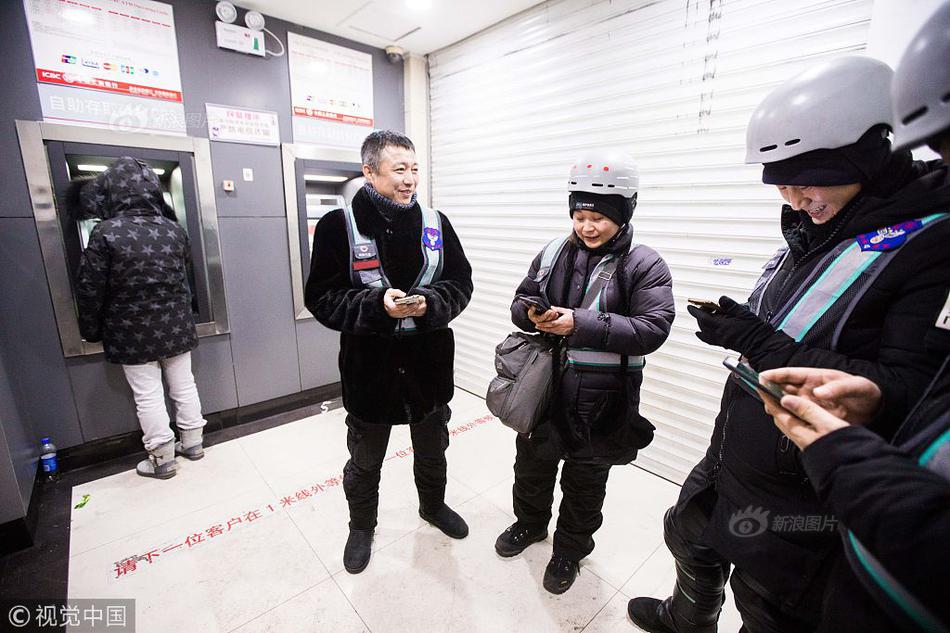 Psy says BTS has achieved the 'unfulfilled dreams' of 'Gangnam Style'
Psy says BTS has achieved the 'unfulfilled dreams' of 'Gangnam Style'
 Hiroki Tsukuda’s “Enter the O”: A Haunting Alternate Reality
Hiroki Tsukuda’s “Enter the O”: A Haunting Alternate Reality
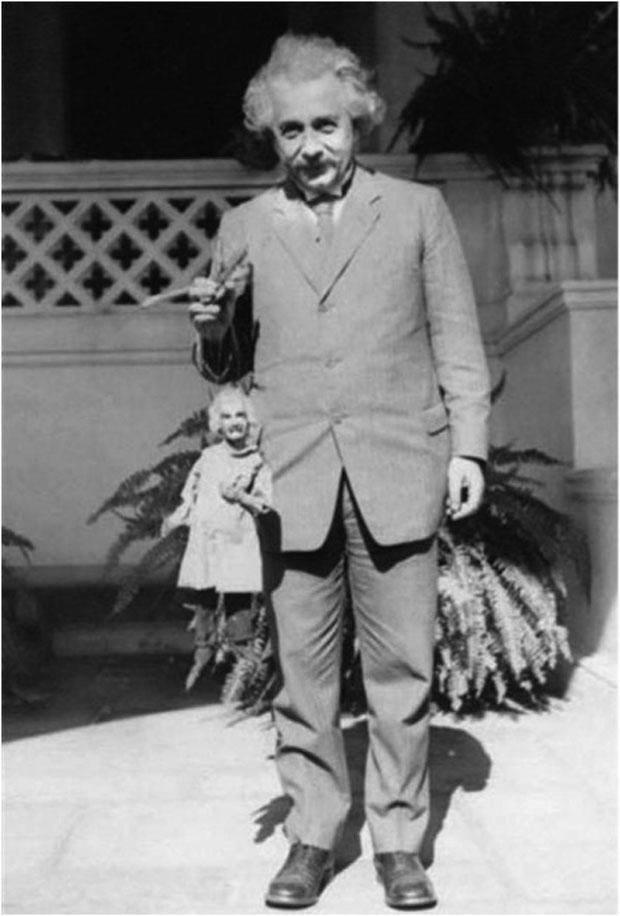 Forman Brown and Albert Einstein’s Marionette
Forman Brown and Albert Einstein’s Marionette
NYT Connections Sports Edition hints and answers for May 18: Tips to solve Connections #237
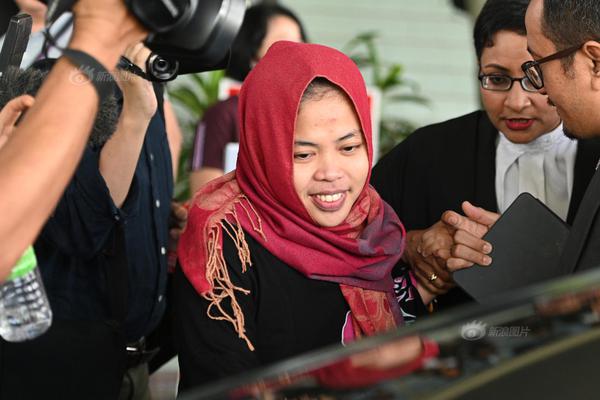 Connections: Sports Editionis a new version of the popular New York Times word game that seeks to te
...[Details]
Connections: Sports Editionis a new version of the popular New York Times word game that seeks to te
...[Details]
Comfort TV: Notes on “The Great British Baking Show”
 OutsourcingBy Sadie SteinJanuary 6, 2016Our Daily Correspondent Two things only the people actually
...[Details]
OutsourcingBy Sadie SteinJanuary 6, 2016Our Daily Correspondent Two things only the people actually
...[Details]
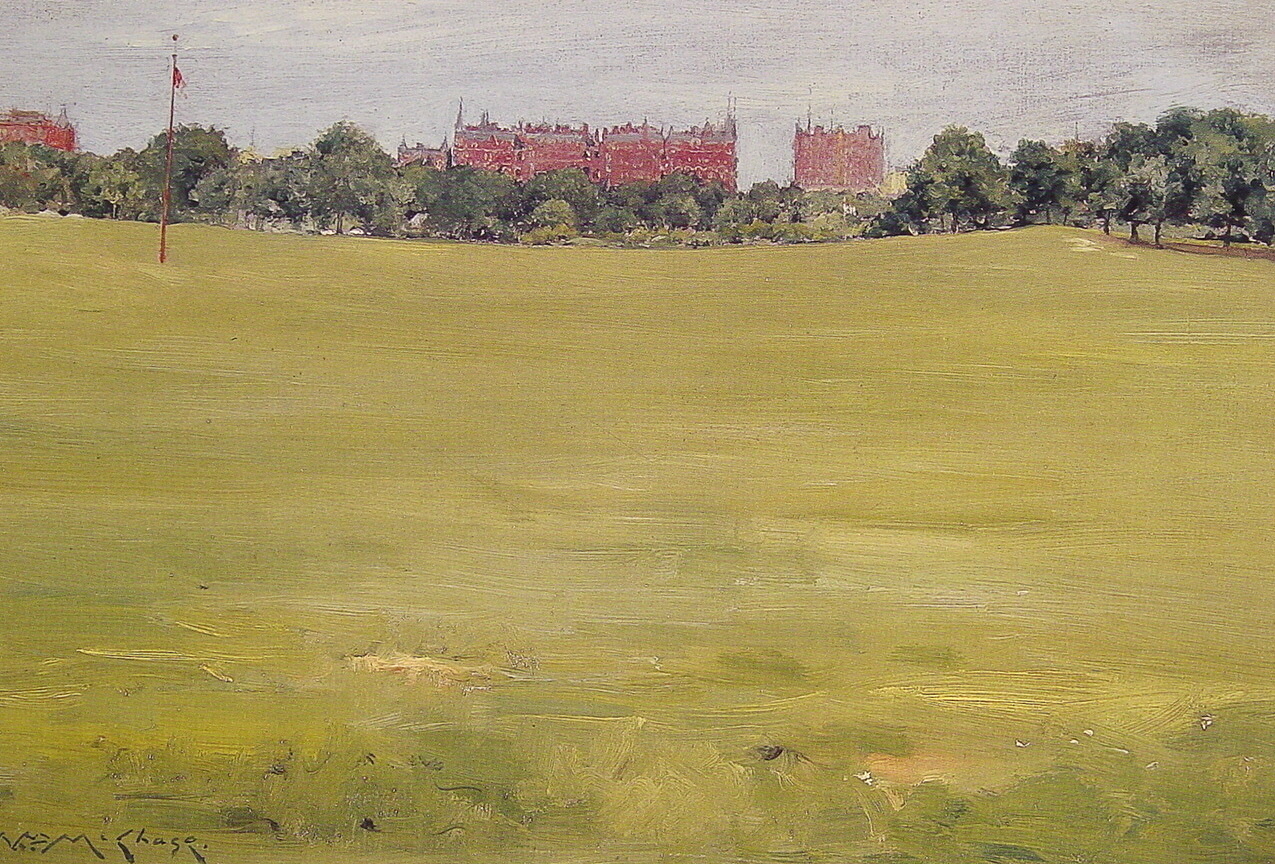 Acquisition, Part IIBy Sadie SteinJanuary 20, 2016Our Daily CorrespondentWilliam Merritt Chase, View
...[Details]
Acquisition, Part IIBy Sadie SteinJanuary 20, 2016Our Daily CorrespondentWilliam Merritt Chase, View
...[Details]
Here’s a List of Truly Awful Similes
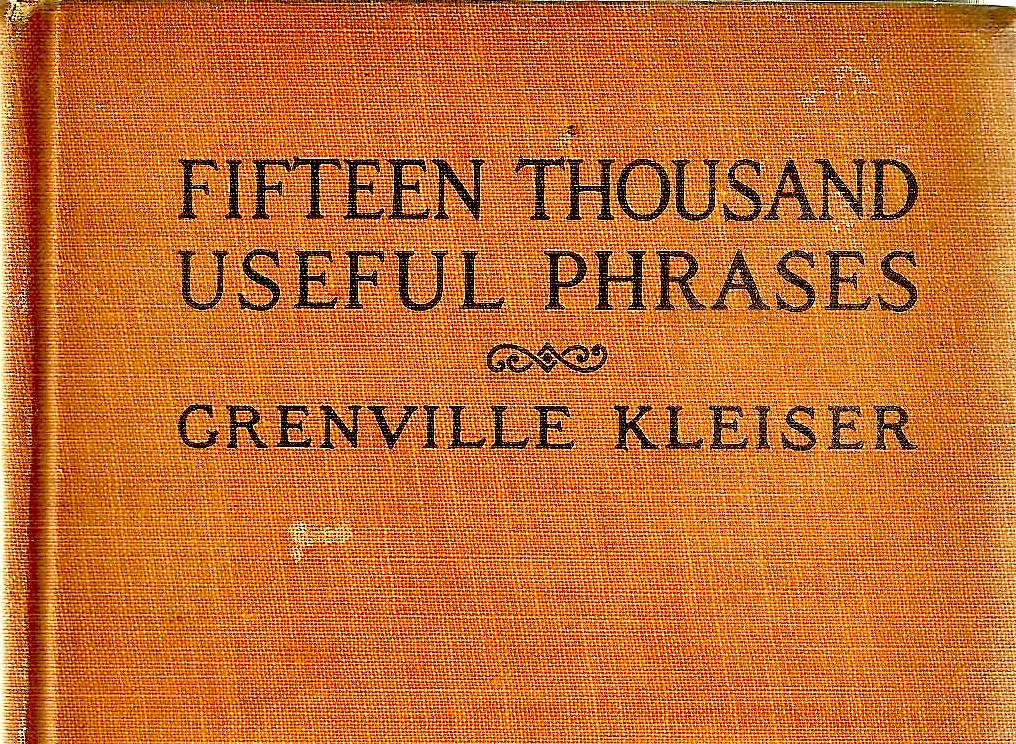 Striking SimilesBy Dan PiepenbringJanuary 21, 2016On LanguageThere’s an abysmal simile making the ro
...[Details]
Striking SimilesBy Dan PiepenbringJanuary 21, 2016On LanguageThere’s an abysmal simile making the ro
...[Details]
The Anatomy of Liberal Melancholy
 J.M. Bernays ,April 25, 2017 The Anatomy o
...[Details]
J.M. Bernays ,April 25, 2017 The Anatomy o
...[Details]
Hiroki Tsukuda’s “Enter the O”: A Haunting Alternate Reality
 Enter the OBy Dan PiepenbringJanuary 12, 2016LookHiroki Tsukuda, 4466 Void, 2015, black ink and char
...[Details]
Enter the OBy Dan PiepenbringJanuary 12, 2016LookHiroki Tsukuda, 4466 Void, 2015, black ink and char
...[Details]
The best excuses for canceling plans, ranked
 Sometimes the combination of couch, sweatpants, and [insert latest binge-worthy show] is too strong.
...[Details]
Sometimes the combination of couch, sweatpants, and [insert latest binge-worthy show] is too strong.
...[Details]
Amazon Prime Members get a free 3
 SAVE $35.97: Amazon Prime members can get a free 3-month subscription to Kindle Unlimited this Prime
...[Details]
SAVE $35.97: Amazon Prime members can get a free 3-month subscription to Kindle Unlimited this Prime
...[Details]
SpaceX's Starlink satellite launch in pictures
 SpaceX continued to SpaceX last Saturday, shooting yet another rocket into space. Here are some pics
...[Details]
SpaceX continued to SpaceX last Saturday, shooting yet another rocket into space. Here are some pics
...[Details]
ASMR is supposedly nonsexual. So why is there so much ASMR porn?
 Although people often casually refer to ASMR content as "whisper porn," and call the tingling, relax
...[Details]
Although people often casually refer to ASMR content as "whisper porn," and call the tingling, relax
...[Details]
Inside the Murky Process of Getting Games on Steam
Best Prime Day smart lock deal: save up to 33% on a Eufy smart lock

接受PR>=1、BR>=1,流量相当,内容相关类链接。